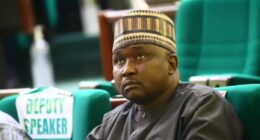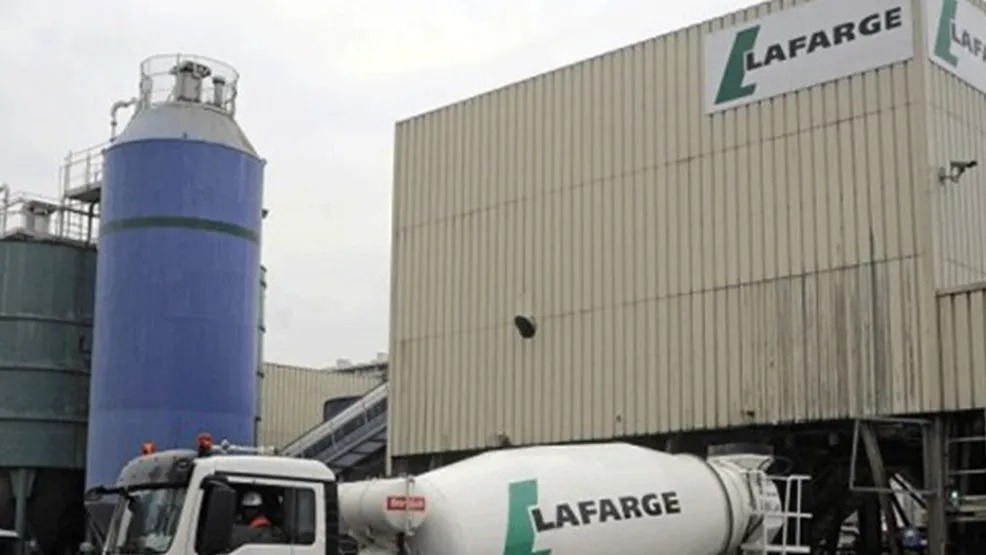 President Bola Tinubu on Thursday signed four new tax laws aimed at modernising and streamlining the country’s tax system.
President Bola Tinubu on Thursday signed four new tax laws aimed at modernising and streamlining the country’s tax system.
In the new tax law, the Value Added Tax rate remains at 7.5 per cent despite initial proposals to increase to 12.5 per cent, but its scope is expanded.
Essential items—such as food, education, healthcare, public transport, residential rent, and exports—are zero-rated to ease inflationary pressure.
For revenue allocation is restructured: now 30 per cent of VAT proceeds are distributed based on consumption (rather than contribution), 50 per cent equally among states, and 20 per cent to population-based allocation.
With the latest development, it is expected that state revenue streams will increase, and it will also discourage tax evasion.
Overview of the four new laws
Nigeria Tax Act: Consolidates various tax rules into a single, simplified code, eliminating over 50 small, overlapping taxes. This reduces complexity and duplication, making it easier for businesses to comply.
Tax Administration Act: Establishes uniform rules for tax collection across federal, state, and local governments, ensuring consistency and reducing administrative conflicts.
Nigeria Revenue Service Act: Replaces the Federal Inland Revenue Service with the independent Nigeria Revenue Service, aiming for greater efficiency and autonomy in tax administration.
Joint Revenue Board Act: Enhances coordination between different government levels and introduces a Tax Ombudsman and Tax Appeal Tribunal to handle disputes fairly.
Key objectives of the new tax rules
Simplify Tax System: Reduces bureaucratic hurdles and overlapping taxes to make compliance easier, especially for small businesses and informal traders.
Increase Revenue Efficiency: Aims to boost Nigeria’s tax-to-GDP ratio from 10% (below the African average of 16–18%) to 18 per cent by 2026 without raising taxes on essential goods.
Reduce Financial Burden: Provides relief for low-income households and small businesses while ensuring high-income earners and luxury consumers contribute more.
Fund Public Services: Increased revenue will support infrastructure, healthcare, and education, reducing reliance on borrowing.
Who benefits and how
Low-Income Households:
Individuals earning up to ₦1 million ($650) annually receive a ₦200,000 rent relief, reducing taxable income to ₦800,000, exempting them from income tax.
VAT exemptions on essential goods and services (food, healthcare, education, rent, power, baby products) lower living costs.
Small businesses:
Businesses with an annual turnover below ₦50 million ($32,400) are exempt from company income tax.
Simplified tax filing without requiring audited accounts reduces compliance costs.
Large businesses:
Corporate tax rates drop from 30 per cent to 27.5 per cent in 2025 and 25 per cent thereafter.
Tax credits for VAT paid on expenses and assets allow businesses to recover the 7.5 per cent VAT.
Charitable, educational, and religious organisations:
Tax incentives for non-commercial earnings, encouraging community-focused activities.
Impact on different groups
Low-Income Earners: Benefit most from income tax exemptions and lower costs for essentials, increasing disposable income.
Small Businesses and informal traders: Simplified rules and tax exemptions encourage compliance and reduce financial strain, potentially formalising more businesses.
High-income earners and luxury consumers face higher VAT on luxury goods and premium services, plus capital gains tax on large share sales.
Government: Expects increased revenue for public services without overburdening vulnerable citizens.
Why reforms were needed
Nigeria’s tax system was outdated, inefficient, and disproportionately harsh on low-income groups.
The low tax-to-GDP ratio (10%) limited funding for critical services like healthcare and infrastructure.
Overlapping taxes and complex rules deterred compliance, especially among small businesses and informal traders.
Public and expert reactions
Positive sentiment: Small business owners welcome tax exemptions but seek clarity on enforcement to avoid unexpected levies.
Low-income earners appreciate relief on essentials but remain cautious about implementation.
Taiwo Oyedele, head of the Presidential Fiscal Policy and Tax Reform Committee, claims 90% public support, emphasising that success depends on awareness and trust.
The reforms align with Tinubu’s administration’s goal to reduce economic inequality and boost fiscal capacity without overburdening citizens.
By encouraging voluntary compliance and reducing reliance on loans, Nigeria aims to strengthen its economy and fund development projects.
These reforms mark a significant step toward a fairer, more efficient tax system, with a focus on supporting vulnerable groups while fostering economic growth. However, their success hinges on transparent enforcement and public trust. For further details, you can refer to official statements from the Nigerian government or credible news sources covering the reforms.







